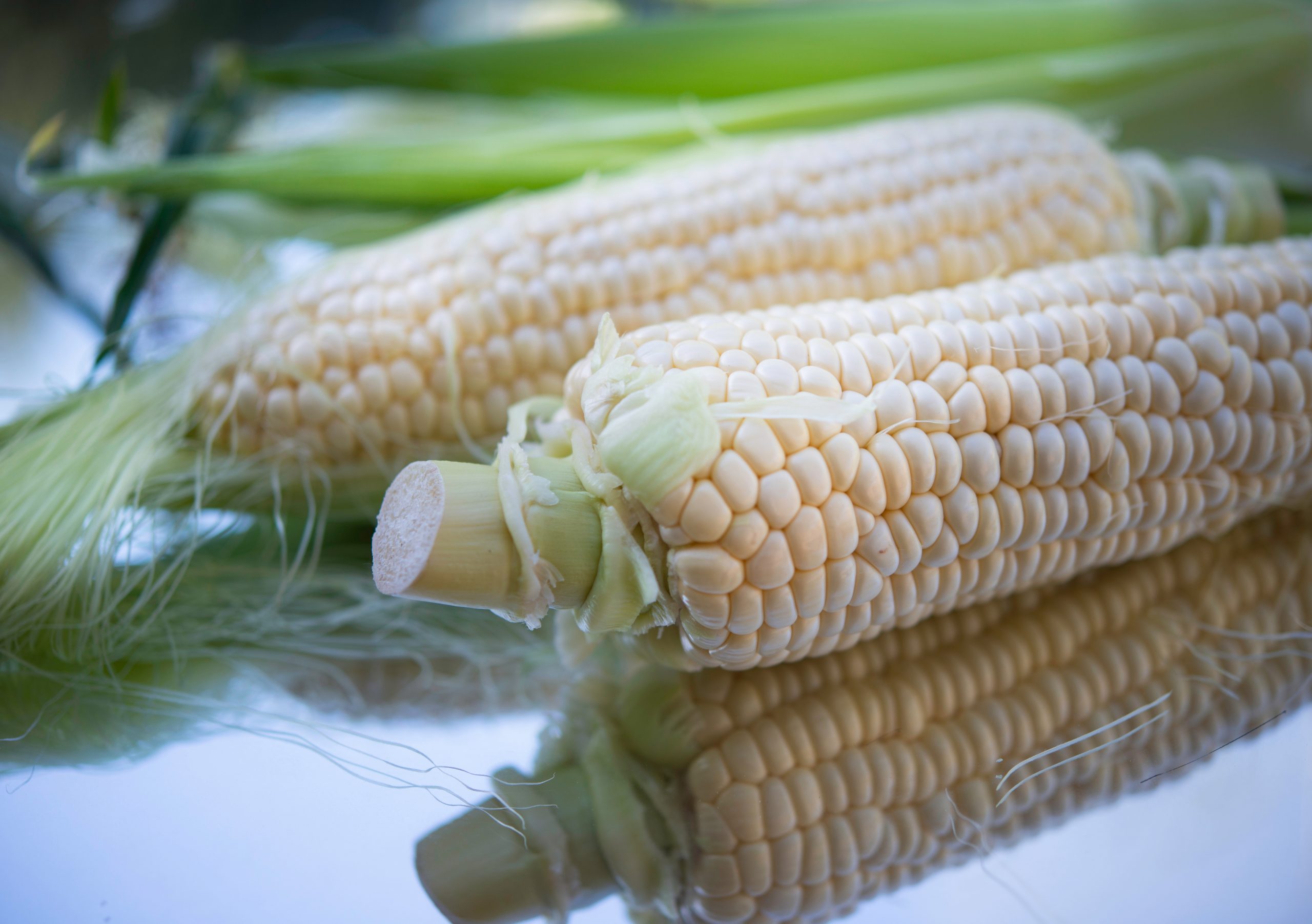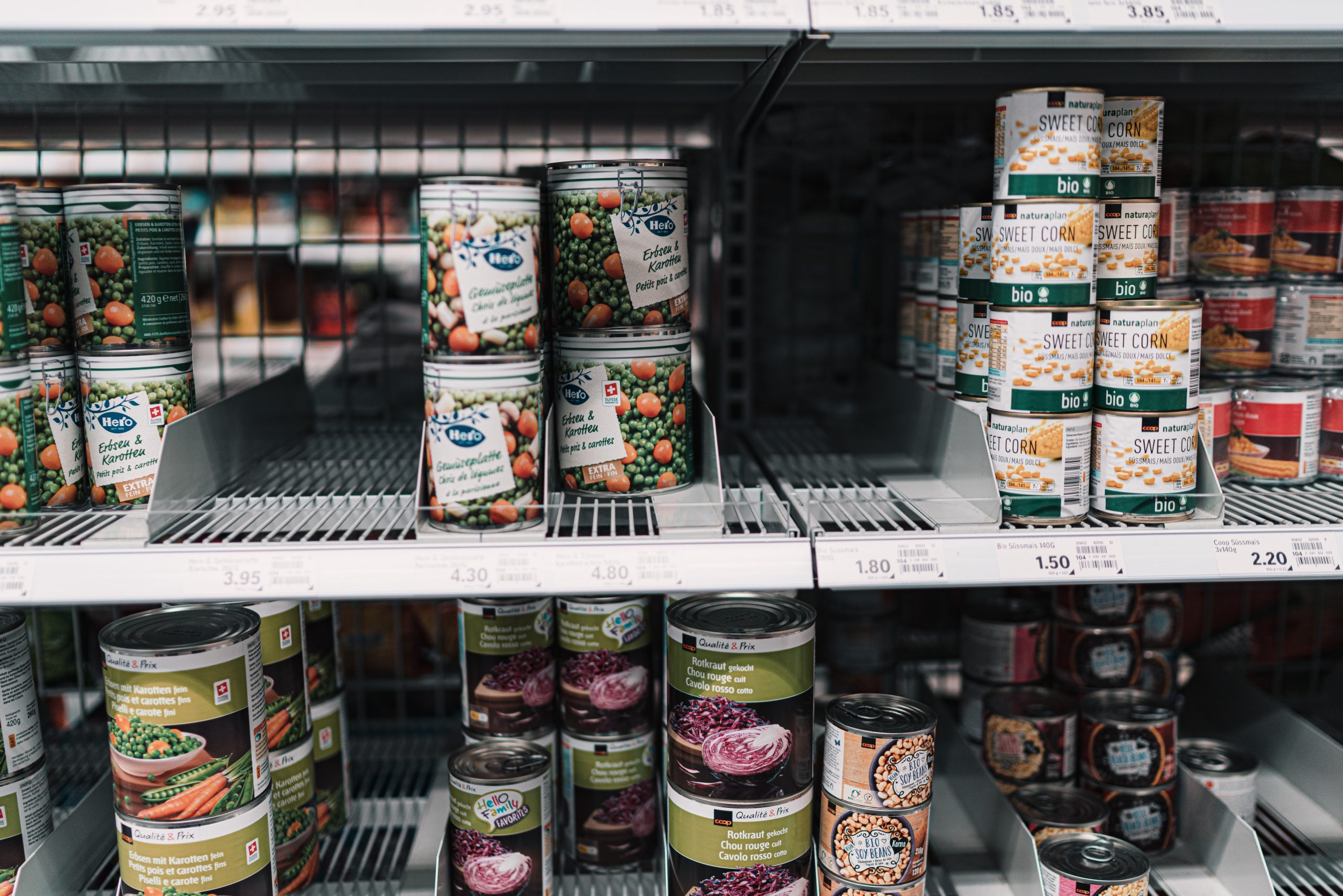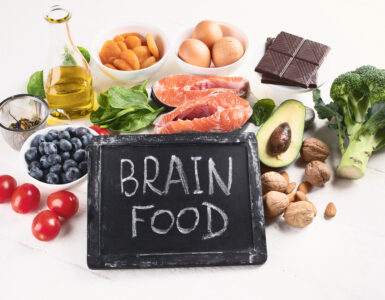
It’s important to be cognizant of the presence of toxic foods that we should otherwise avoid to preserve our health. In this article, we’ll take a closer look at several toxic foods you should abstain from in your daily diet. Whether it’s everyday items or hidden ingredients, let’s uncover these culprits and make informed choices for our well-being.
Artificial Sweeteners

If you have a sweet tooth, you might be tempted to reach for products containing artificial sweeteners, such as aspartame or saccharin. However, these sugar substitutes can have adverse effects on your health. Studies have linked them to headaches, digestive issues, and even an increased risk of certain diseases. Instead, opt for natural sweeteners like stevia or honey to satisfy your cravings without the potential risks.
Processed Meats

That juicy hot dog or bacon might be hard to resist, but think twice before indulging in processed meats. These products are often high in sodium, unhealthy fats, and preservatives. Regular consumption of processed meats has been associated with an increased risk of heart disease, diabetes, and certain cancers. Choose lean cuts of fresh meat or plant-based alternatives to satisfy your protein needs in a healthier way.
Trans Fats

Trans fats, also known as partially hydrogenated oils, are found in many processed and fried foods. They not only raise your bad cholesterol levels but also lower the good cholesterol, increasing the risk of heart disease. Avoid products that list trans fats on the ingredient label and opt for healthier fats like olive oil, avocado, and nuts instead.
High-Fructose Corn Syrup

High-fructose corn syrup (HFCS) is a common sweetener used in many processed foods and beverages. It has been linked to obesity, diabetes, and other health issues. HFCS can disrupt the normal functioning of insulin, a hormone responsible for regulating blood sugar levels. Read food labels carefully and choose products that do not contain this harmful ingredient.
Artificial Food Colors – Toxic Foods You Should Avoid

Brightly colored candies and snacks might look appealing, but those vibrant hues often come from artificial food colors. These additives, like Red 40 and Yellow 6, have been associated with behavioral problems in children, including hyperactivity and attention disorders. Opt for naturally colored foods or look for products made with natural food dyes.
Sodium Nitrite

Sodium nitrite is a preservative commonly used in processed meats to prevent bacterial growth and enhance flavor. However, it can form harmful compounds called nitrosamines, which have been linked to an increased risk of certain cancers, particularly colorectal cancer. Limit your consumption of processed meats and choose fresh, unprocessed options instead.
Non-Organic Produce with Pesticides

Conventionally grown fruits and vegetables often contain pesticide residues, which can be harmful to our health. Prolonged exposure to these chemicals has been associated with an increased risk of cancer, hormonal disruption, and neurotoxicity. Whenever possible, choose organic produce or wash non-organic fruits and vegetables thoroughly to reduce pesticide exposure.
Mercury-Laden Fish

While fish is generally considered a healthy food, certain types can contain high levels of mercury, which is toxic to the nervous system. Predatory fish like shark, swordfish, and king mackerel tend to accumulate more mercury due to their diet. Limit your consumption of these fish, especially if you’re pregnant or breastfeeding to reduce the risk of mercury exposure. Instead, opt for low-mercury fish like salmon, sardines, and trout, which are rich in beneficial omega-3 fatty acids.
Canned Foods with BPA

Many canned foods are lined with a chemical called bisphenol A (BPA), which can leach into the food and disrupt hormone balance in the body. Studies have linked BPA exposure to an increased risk of obesity, diabetes, and reproductive disorders. Look for BPA-free canned goods or choose fresh, frozen, or glass-packaged foods as healthier alternatives.
Genetically Modified Organisms (GMOs) – Toxic Foods You Should Avoid
Genetically modified organisms (GMOs) are crops that have been altered genetically to exhibit certain traits, such as pest resistance or increased yield. While there is ongoing debate about their safety, some studies suggest potential health risks associated with GMO consumption. To avoid GMOs, choose organic products or look for foods labeled as non-GMO.



